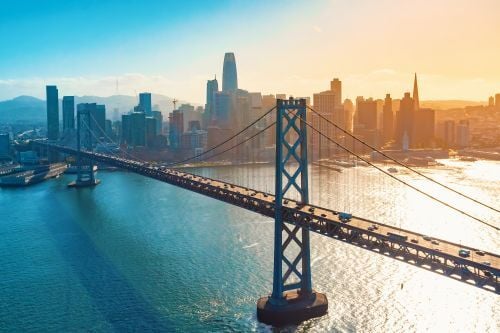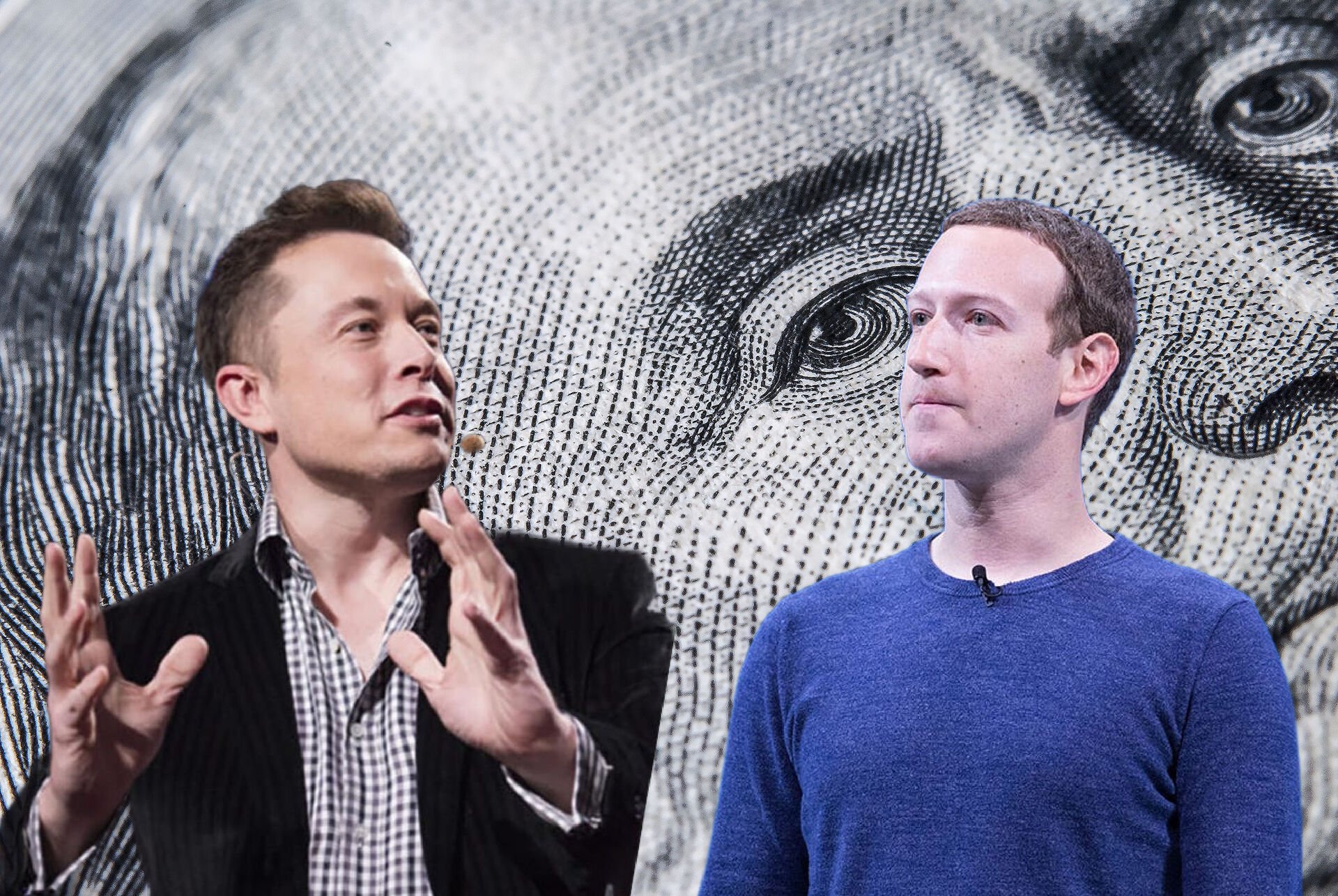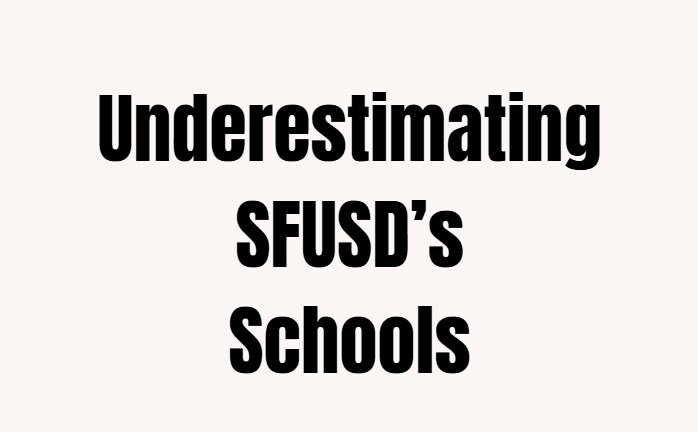In spite of the pandemic, the annual San Francisco Transgender Film Festival will go on as scheduled, albeit online. Now in its 22nd year, the event offers trans and gender non-conforming filmmakers a chance to reach a broad audience.
This year’s festival runs this Thursday through Sunday.
Shawna Virago, artistic director of the festival, is quite happy that due to the magic of technology, the festival will live on despite the stressful age of COVID, adding:
“We didn’t know if we’d have a festival this year or not. All of our programming is online and obviously we won’t be at our longtime home, the Roxie Theater. We’re also having to learn how to use a virtual streaming platform.”
The festival has an impressive list of community partners, including the National Center For Lesbian Rights, Larkin Street Youth Services, Transgender Law Center and the Roxie Cinema. Virago credits the team of people who helped pull off such a challenging set of circumstances. Jeff Ross from SF Indie Fest, festival coordinator Eric Garcia and Storm Miguel Florez, the social media/access coordinator, all played important roles.
“We’re all healthy,” said Virago. “One challenge is not having the rest of our team, our tech people and front of house people.”
“Lou: A San Francisco Fantasy” by Mya Byrne is just one of the several films on display at this year’s San Francisco Transgender Film Festival.
Virago added that this year’s event will be streamlined, with no online chats or forums after the programming, but filmmaker interviews can be read on the festival website. This year’s films will all be closed-captioned for deaf and hard of hearing viewers.
The festival will consist of seven programs filled with selected short films. Though many of the movies come out of the U.S., some offer international flare with films hailing from India, Argentina and Hong Kong. Collectively, the films reflect a diverse array of transgender experiences. Program seven specifically pushes the creative envelope with trans-oriented science fiction and horror themes.
“Viewers will see trans and gender non-conforming communities’ resilience, strength, talents, street smarts, sass, sexuality, friendship, humor and courage,” said Virago. “We also have documentaries, coming of age stories people falling in love, political stories, music videos and a great horror film, Love You Forever, that upends the usual female disempowerment tropes you usually find in the genre.”
The festival, Virago assures us, is definitely politicized.
“We screen films that offer empowered visions for movement building, social justice, and radical artistic visions,” she said.
“We prioritize films by and about our community’s most underrepresented and under served folks, trans women of color, trans people of color, transgender immigrants. In some ways, we are consciously holding space for films that maybe expose white supremacy or expose police abuse of trans communities, and so content matters a lot to us.”
Virago feels that visibility is important, but notes that for many trans and gender non-conforming people, visibility can also put a person’s life at risk.
“Historically, the festival is an opportunity to gather safely in community where we demonstrate together our resilience and strength,” she said.
“But obviously, this year we won’t get to do that. I’m not sure if most people know about the epidemic of murders against trans women of color, or the economic impact of Covid-19 on transgender people, especially transgender people of color. Or the hate attacks from the Trump administration on trans people, eliminating our federal protections against discrimination in health care, and also barring trans people from the military.”
Sarah Ball’s “Tell-By Date” will be highlighted at the 2020 San Francisco Transgender Film Festival.
Virago celebrates the festival’s inclusivity for all movie-lovers, saying:
“I think people of all genders can enjoy the festival and have a good time. Even though our aesthetic might be a little more edgy than some festivals, we also get to present lots of talented filmmakers.”
To find additional information on this year’s programming or to buy tickets, people can visit the San Francisco Transgender Film Festival website.
The post San Francisco Transgender Film Festival Goes Virtual Amid Pandemic appeared first on Broke-Ass Stuart's Website.










